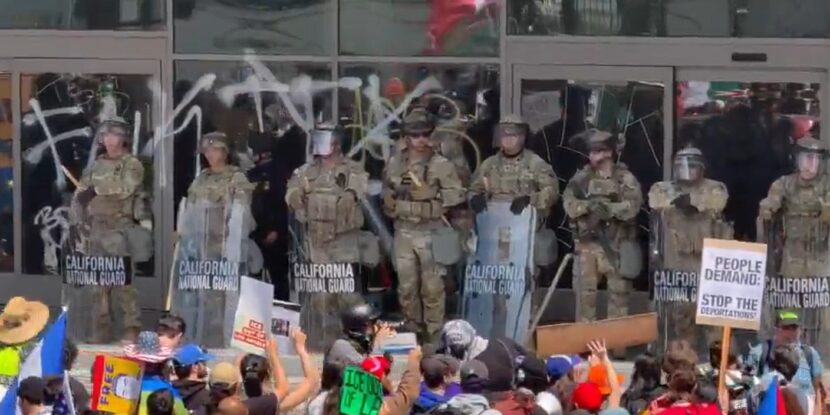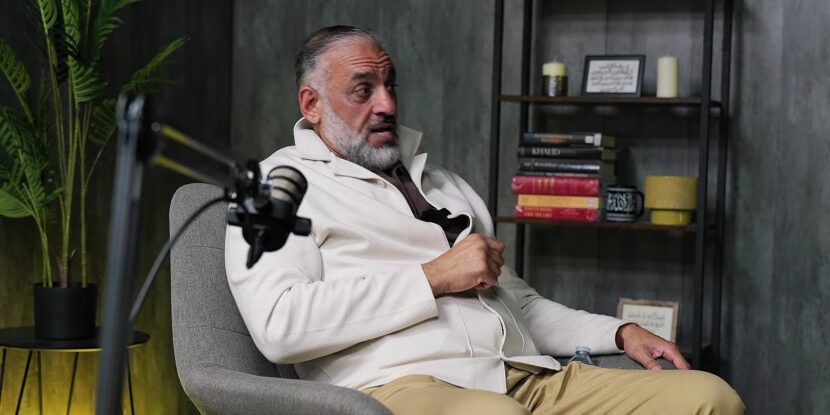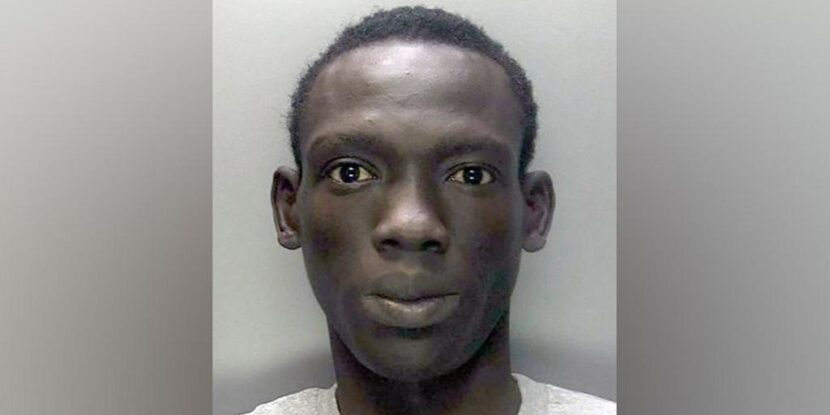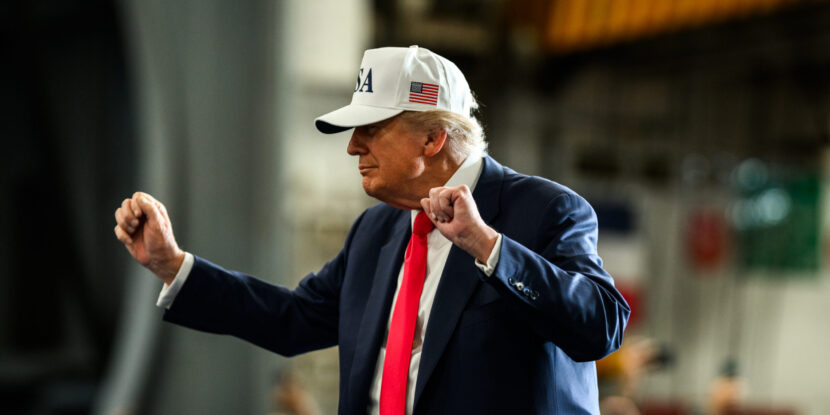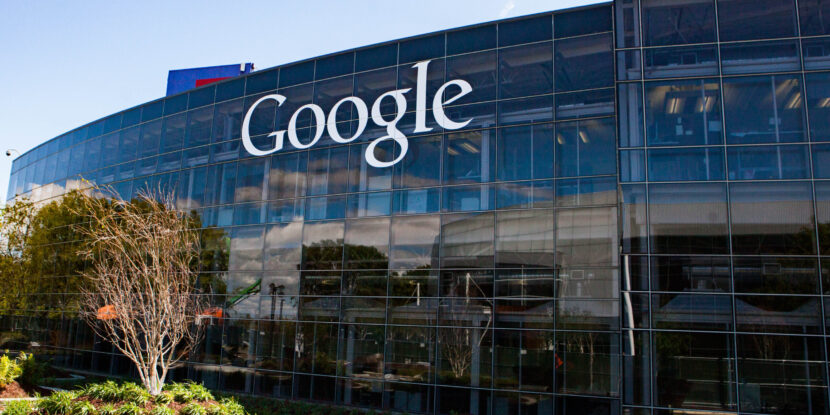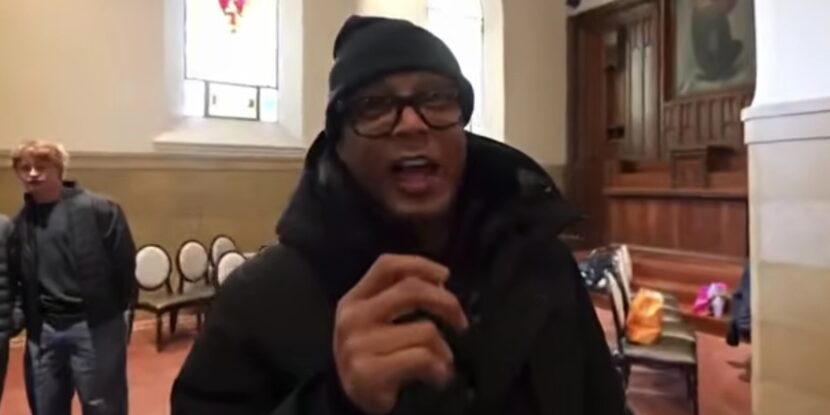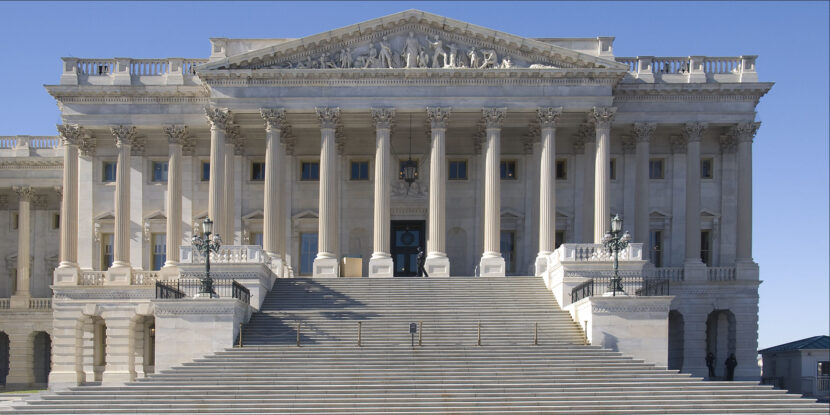PULSE POINTS:
❓What Happened: The 9th U.S. Circuit Court of Appeals temporarily halted a federal judge’s order requiring President Donald J. Trump to return control of National Guard troops to California Governor Gavin Newsom (D).
👥 Who’s Involved: President Trump, Governor Newsom, U.S. District Court Judge Charles Breyer, and the 9th U.S. Circuit Court of Appeals.
📍 Where & When: San Francisco, California; ruling issued Thursday, with a hearing set for June 17.
💬 Key Quote: “The district court has no authority to usurp the President’s authority as Commander in Chief,” White House spokeswoman Anna Kelly stated.
⚠️ Impact: The decision delays the return of National Guard control to Newsom, leaving federalized troops in place amid ongoing pro-illegal immigrant riots.
IN FULL:
The 9th U.S. Circuit Court of Appeals on Thursday temporarily blocked a federal judge’s order requiring President Donald J. Trump to relinquish control of California National Guard troops that are deployed to Los Angeles to protect federal property and personnel amid ongoing pro-illegal immigrant riots. The appellate court announced it would hold a hearing on the matter on June 17, just hours before the lower court’s order was set to take effect on Friday at noon.
U.S. District Court Judge Charles Breyer had earlier ruled that the deployment of the National Guard to Los Angeles violated the Tenth Amendment and exceeded the president’s statutory authority under Title 10 of the U.S. Code. His decision applied only to the National Guard, not the Marines, who were also stationed nearby but had not yet been deployed to the streets.
California Governor Gavin Newsom (D), who had sought an emergency halt to the Guard’s involvement in protecting ICE, praised Breyer’s initial ruling as a victory for state authority. “Today was really about a test of democracy, and today we passed the test,” Newsom said, shortly before the appellate court intervened.
The White House criticized the district court’s decision, calling it “unprecedented” and a threat to federal personnel. “The district court has no authority to usurp the President’s authority as Commander in Chief,” White House spokeswoman Anna Kelly stated. The administration pledged to appeal the decision and expressed confidence in ultimately prevailing.
The deployment of federalized National Guard troops was authorized by President Trump under Title 10, which allows such action in limited circumstances, including rebellion or threats to federal law enforcement. However, Judge Breyer claimed that the Los Angeles riots did not meet the legal definition of a rebellion.
Meanwhile, approximately 700 Marines have been undergoing civil disturbance training at a base in Orange County, with 140 expected to replace National Guard troops in Los Angeles within 24 hours.
California’s lawsuit against the federal government argues that the president improperly bypassed the state in issuing orders to the National Guard. The Justice Department (DOJ) maintains that Trump’s actions are not subject to judicial review, citing historical precedents where courts refrained from intervening in military deployments.
Riots over federal immigration raids have intensified in Los Angeles and spread to other cities, including Seattle and New York.
